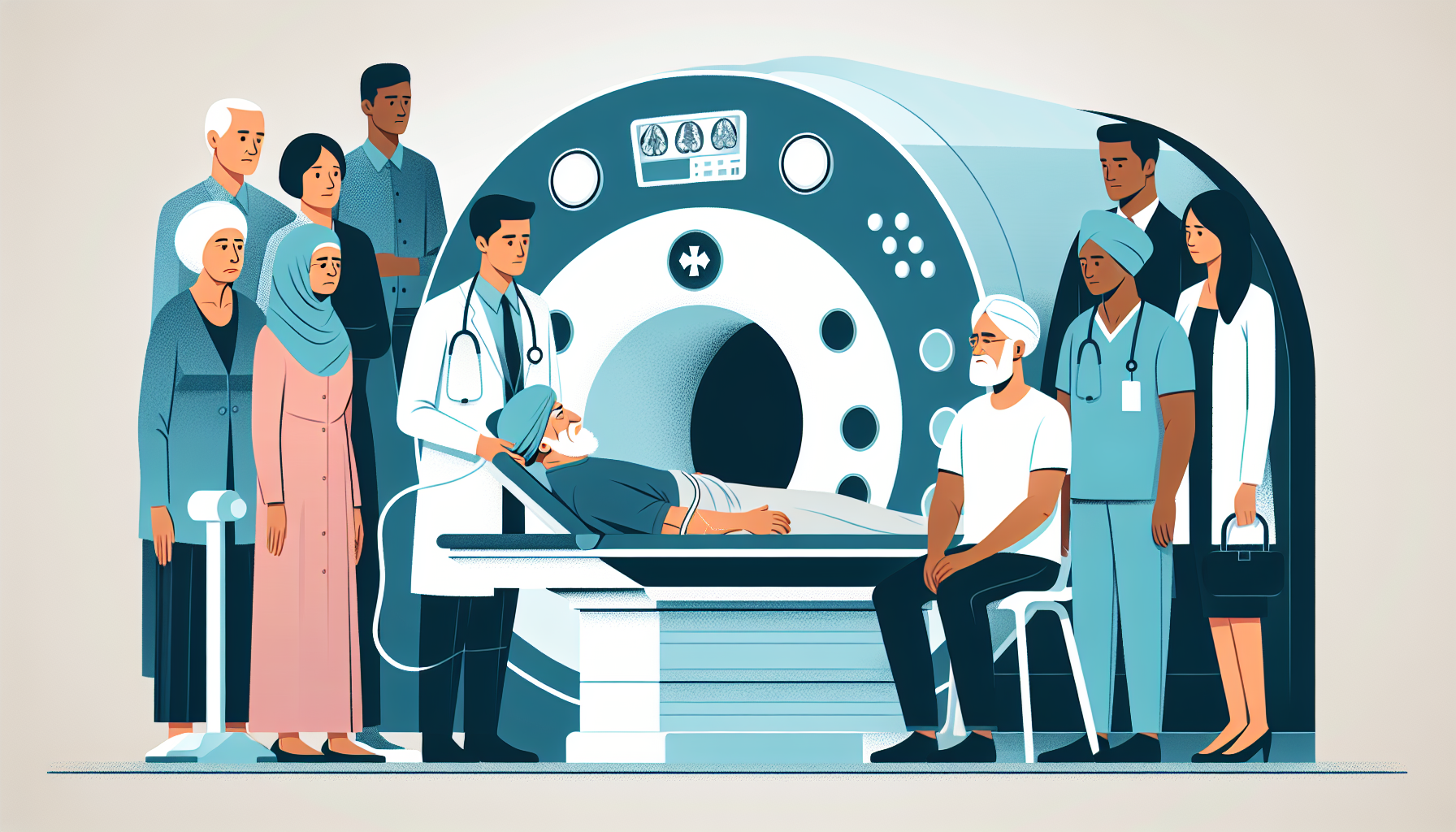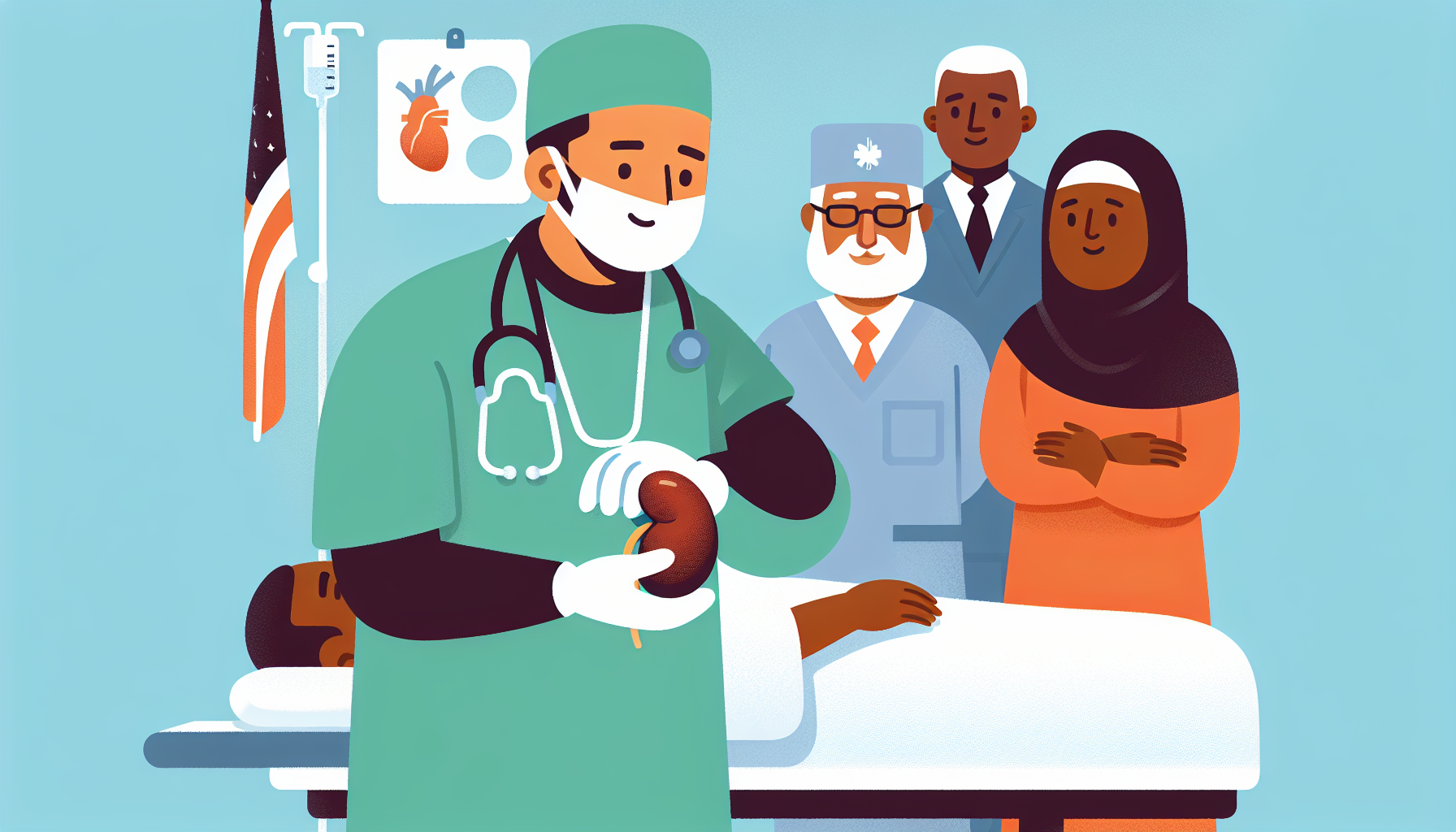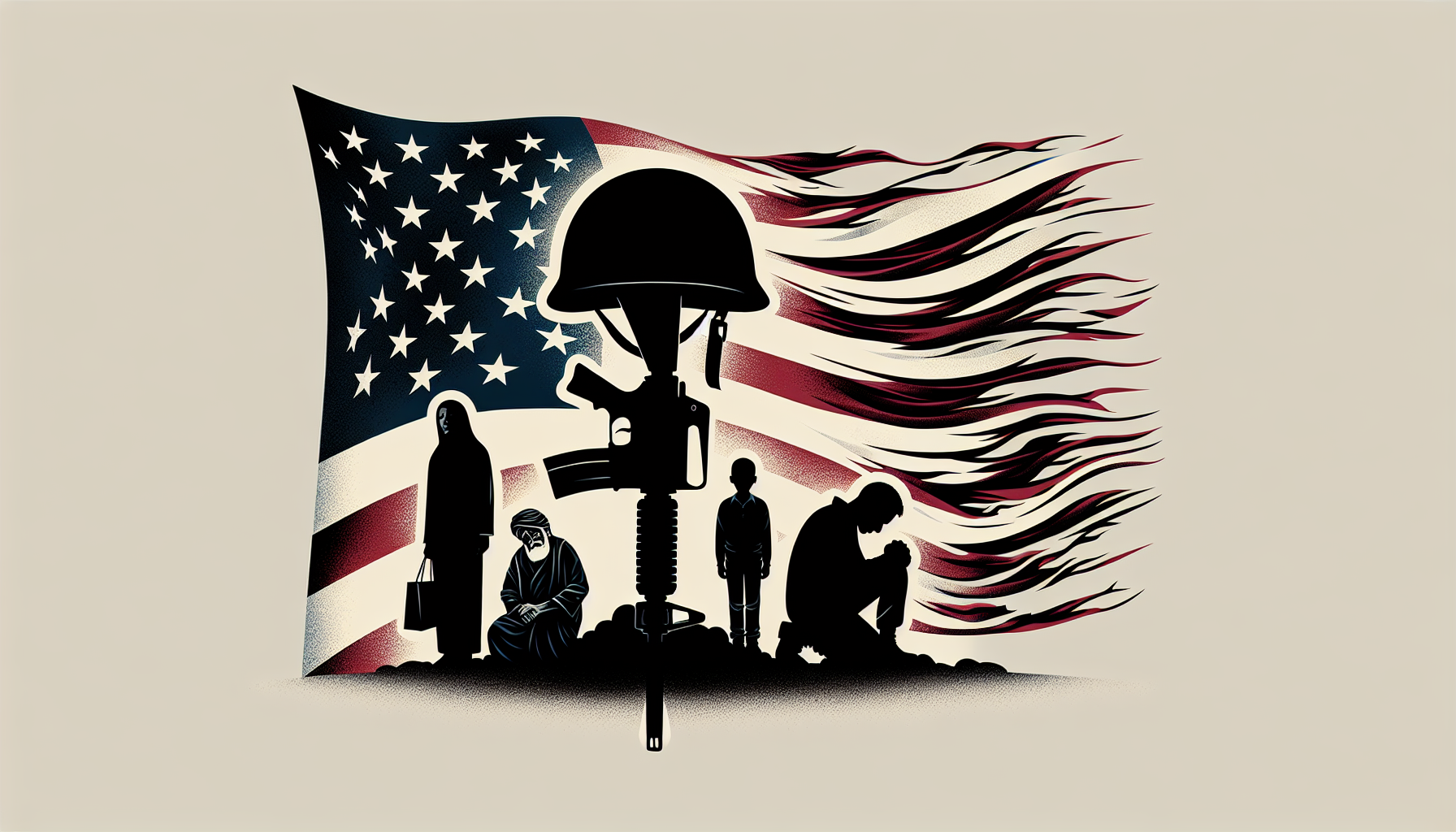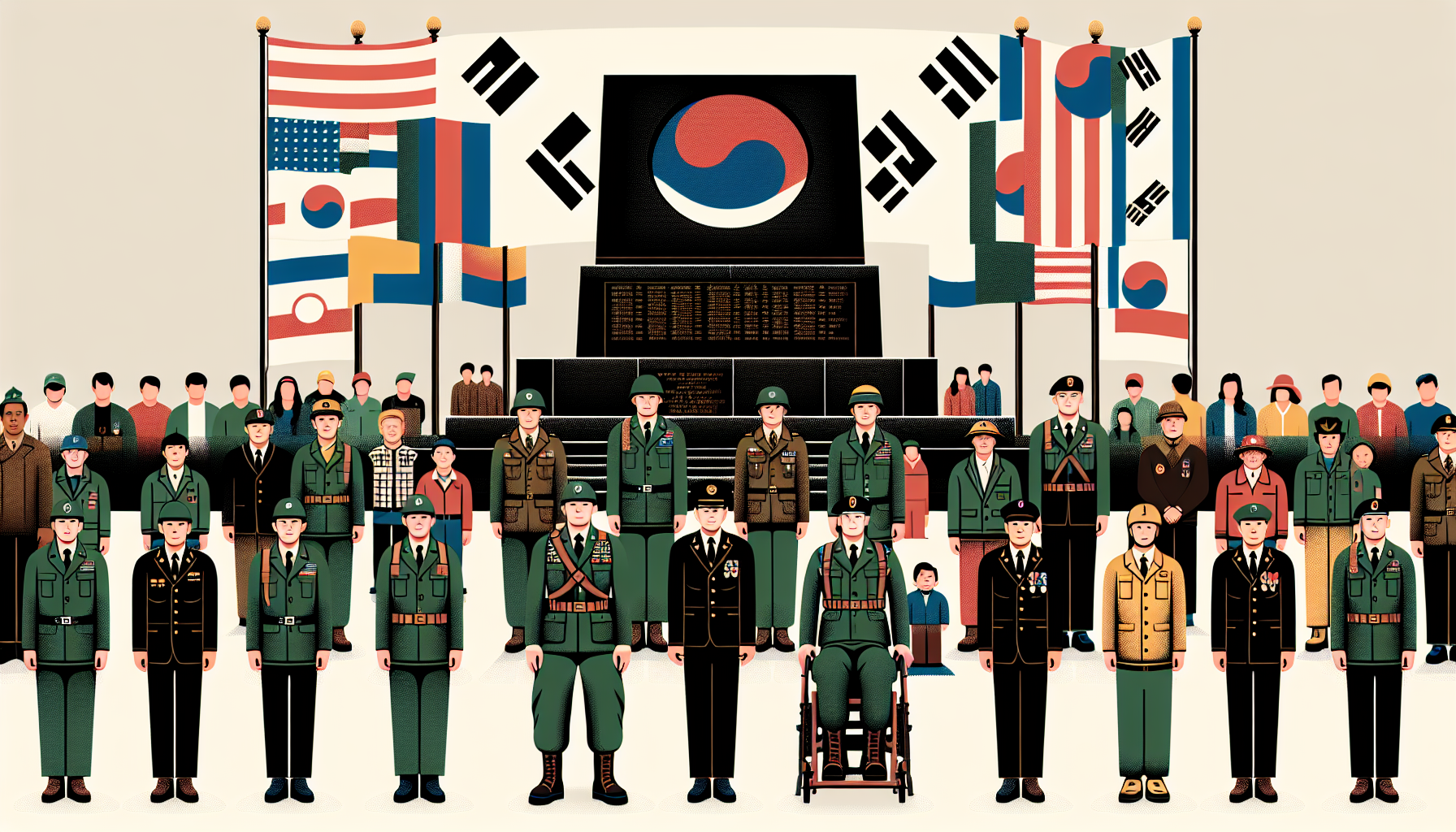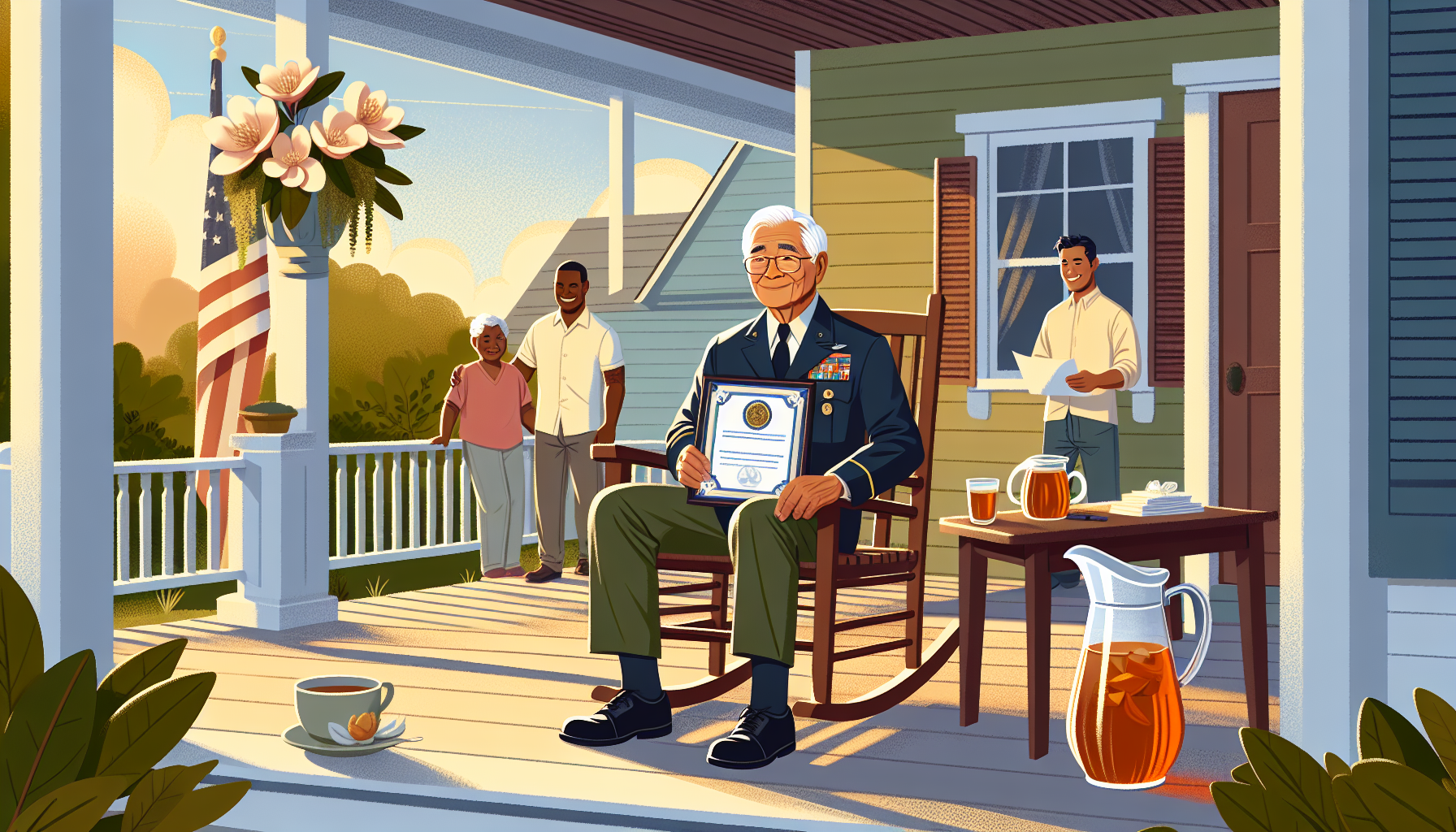Definition
Key personnel, in the context of VA benefits, refers to individuals who hold essential positions within an organization or business, and their involvement is critical to the successful execution of a project or operation. These individuals typically have unique skills, experience, and qualifications that contribute significantly to the organization’s performance. In the VA benefit system, key personnel are often considered when assessing a veteran-owned business’s eligibility and management control.
Key Takeaways
- Key Personnel refers to individuals who hold crucial positions, such as management, in a business or organization that participates in the VA’s Veteran-Owned Small Business (VOSB) or Service-Disabled Veteran-Owned Small Business (SDVOSB) programs.
- The VA requires these companies to designate their Key Personnel to ensure that the business is genuinely owned and controlled by veterans, ultimately preventing fraud and protecting the program’s integrity.
- Key Personnel’s involvement in decision-making processes and daily operations is vital for the company to maintain its eligibility and actively participate in VA contracts or VA-administered programs for veteran-owned businesses.
Importance
The term “Key Personnel” is important in the context of VA benefits as it refers to the essential individuals who play a crucial role in managing, administering, and overseeing the programs and services provided by the Department of Veterans Affairs.
These individuals possess critical skills, expertise, experience, and leadership abilities, ensuring that veterans receive accurate information, proper guidance, and timely assistance.
Their effectiveness and competence directly impact the quality and accessibility of benefits for veterans, such as healthcare, education, housing, and employment services; and contribute to the overall objective of enhancing veterans’ well-being, facilitating their transition into civilian life, and honoring their service and sacrifices.
Explanation
The purpose of the term Key Personnel in the context of VA benefits highlights the significance of those individuals who play an essential role in the effective administration and management of veterans’ benefits and services. These individuals possess the knowledge, skills, and expertise that are crucial for delivering services and implementing policies that directly cater to the needs of veterans, their families, and survivors.
With a strong emphasis on providing comprehensive healthcare, educational and vocational opportunities, financial assistance, and other benefits, these key personnel ensure that veterans can successfully transition to civilian life and benefit from adequate support systems. The implementation and utilization of resources and programs for veterans require the concerted efforts and collaboration of several organizations and agencies.
This makes the role of key personnel even more critical, as they serve as the point of contact and liaisons between the VA, veterans, and other stakeholders. By effectively coordinating, planning, and managing the delivery of these essential services, key personnel contribute to the long-term success of VA benefits as well as the overall welfare and wellbeing of those who have served our nation.
Furthermore, their commitment and dedication towards the cause serve to uphold the enduring values and ethos of the Department of Veterans Affairs.
Examples of Key Personnel
The term “Key Personnel” refers to individuals who play a significant role in managing, overseeing, and implementing a project, program, or service. When it comes to VA Benefits, these key personnel typically have particular expertise, knowledge, or skills that are essential for delivering benefits to veterans effectively. Here are three real-world examples of key personnel in the context of VA Benefits:
Veterans Affairs Claims Processors: A crucial position within the VA department are claims processors who review and analyze benefit claims submitted by veterans. They ensure that veterans receive the proper compensation, medical care, and other services they are entitled to based on their military service. These professionals are considered key personnel because their expertise in navigating the complex claims process helps veterans secure the benefits they need efficiently.
Veterans Service Organization (VSO) Representatives: VSOs are non-profit organizations that advocate for veterans and provide assistance in accessing benefits and services. Key personnel within these organizations include accredited VSO representatives, who are trained to help veterans submit claims, gather necessary evidence, and appeal decisions if necessary. These representatives work closely with the VA to ensure veterans understand and access the full range of benefits they deserve.
VA Medical Professionals: Veterans healthcare is an essential component of the VA benefits system. Key personnel within this context include medical professionals such as doctors, nurse practitioners, therapists, and other specialists working in VA medical centers or other facilities. These professionals possess the understanding of specific medical conditions and health challenges faced by veterans, allowing them to provide the appropriate care and support that can significantly impact the quality of life for many veterans.
VA Benefits: Key Personnel FAQ
Who are considered Key Personnel in the VA benefits system?
Key Personnel in the VA benefits system are individuals who hold significant, decision-making roles for veterans’ benefits within the Department of Veterans Affairs. This usually includes administrators, management officials, and program directors responsible for developing, organizing, and implementing benefits programs and policies.
What role do Key Personnel play in the delivery of VA benefits?
Key Personnel are responsible for ensuring the overall quality and effectiveness of VA benefits programs. They are involved in the development, planning, and execution of programs designed to provide support and assistance to veterans, ranging from education and training to healthcare and financial assistance. Key Personnel work in close collaboration with other VA staff and external stakeholders to ensure that benefits are delivered accurately, efficiently, and in the best interest of the veterans they serve.
How do Key Personnel contribute to the improvement of VA benefits services?
Key Personnel continuously work on reviewing and analyzing the effectiveness and efficiency of the VA benefits programs. They are responsible for identifying areas of improvement and implementing strategic changes to enhance program performance. Additionally, they encourage collaboration within the VA and with external partners to facilitate advancements in service quality and delivery.
How can I contact Key Personnel regarding my VA benefits?
To get in touch with Key Personnel within the VA, it is best to start by contacting your local VA office or a VA benefits counselor. They can help you address your concerns and connect you with the appropriate Key Personnel if necessary. Alternatively, you can visit the official Department of Veterans Affairs website for more information and resources related to VA benefits and Key Personnel.
Do Key Personnel actively engage with veterans and their families?
Yes, many Key Personnel engage directly with veterans and their families through various means, including town hall meetings, listening sessions, and social media. Their primary goal is to better understand the needs, challenges, and preferences of the veteran community and use that information to ensure benefit programs are effectively addressing veterans’ needs. Key Personnel are committed to providing excellent service and improving the lives of veterans and their families.
Related VA Benefit Terms
- Veterans Service Officers (VSOs)
- Benefits Delivery at Discharge (BDD) Program
- Intake Processing Center (IPC)
- Veteran Readiness and Employment (VR&E) counselors
- VA Claims Advocates
Sources for More Information
- U.S. Department of Veterans Affairs
- Veterans Benefits Administration
- National Resource Directory
- Military.com
 Benefits.com Advisors
Benefits.com Advisors
With expertise spanning local, state, and federal benefit programs, our team is dedicated to guiding individuals towards the perfect program tailored to their unique circumstances.
Rise to the top with Peak Benefits!
Join our Peak Benefits Newsletter for the latest news, resources, and offers on all things government benefits.






















